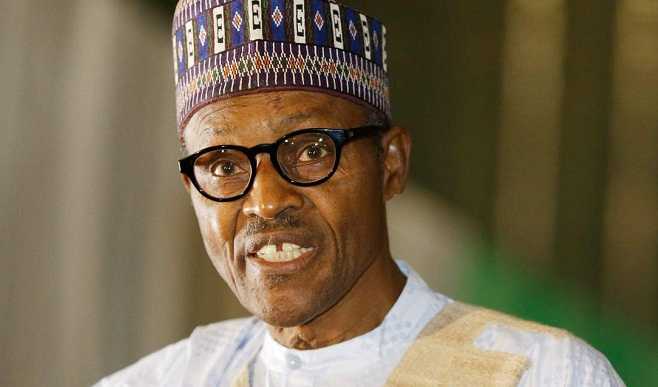By Ndidi Chukwu
That the Federal Ministry of Health in Nigeria has gone bankrupt is not big news to compare to the fact that the ministry has gone so bankrupt to the extent that it now runs from pillar to post in search of support to push for implementation of the National Health Act.
It is 18 months since the ministry received any form of funding as federal Government Allocation to run its programmes. The most important of such, is the National Health Act, which was signed into law in October 2014 by former Nigeria’s President Jonathan. The NHAct is one law which has since its passage into law been regarded as the “best thing that has ever come out of Nigeria’s parliament since the nation’s democracy”
But its implementation may require further push with all resources available to the ministry to ensure that by 2016, this law gains full recognition and ownership by all Nigerians. It is however sad that the Federal Ministry of Health got its last resources from the Federal Government’s coffers in the 2nd quarter of last year (2014).
Part 1, section 2, subsection 1 of the Act task the Federal Ministry of Health with the responsibility of ensuring the development of the act and issue guidelines for its implementation, the FMoH according to the provision of the Act is to collaborate with the States and Local Governments to ensure that appropriate mechanisms are set up for the implementation of the NHAct among many other huge responsibilities.
From a reliable source, the ministry currently requires 1.3 billion naira to see to full operationalization of the NHAct, taking leadership in coordinating the processes and mobilisation which is expected to have been done since the act was signed 11 months ago. This funding challenge should worry any well-meaning Nigeria as this point. Unlike the NHAct, the Tobacco Law was passed on the 26th of May 2015, and has already been gazetted since the 6th of June, NHAct is yet to be gazetted. Why the NHAct which has the potential of transforming the lives and health care needs of all Nigerians suffers this sort of negligence at this point should be questioned?
First, it took ten whole years for it to be accented to, after passing through several rigors of technical and political reviews. Since its enactment and constitution of the different committees for its operationalization, the media, and the general public have been aloof of what is happening to the much celebrated law. The reason as reliably gathered is that the Federal Ministry of Health is “broke” to the extent that it does not have the funding to coordinate meetings for states and MDAs who will play a key role to the domestication of this law.
Health Reporters also gathered that the few meetings which have taken place for the NHAct have been solely sponsored by some non-government organisations that are passionate about this act. In a meeting of Health Sector Reform Coalition, a coalition of Civil Societies who have played key role before the aAct became a law and are also not resting until it is fully implemented, it was revealed that majority of Nigerians are not aware of this act, neither do they know what the provisions of the act are.
Implementation is to begin from 2016, already the Health Ministry have written to the Federal Ministry of Finance requesting for adequate provision for health sector as recommended by the Act, that “the basic health care provision fund shall be financed from the federal government annual grant of not less than one per cent of its consolidated revenue fund, grants by international donor partners and funds from any other source”. Fears however remain that due to the dwindling oil prices, which may likely not improve before 2016, the sector may not get the anticipated funding and this will affect NHAct.
Another challenge faced by the ministry which would have a negative implication on the NHAct implementation come 2016 is the vacant seat of a Health Minister who has the sole responsibility of chairing the National Council on Health (NCH), which is the highest policy making body in Nigeria on matters relating to health. The NCH will automatically not have any meeting until the president appoints a minister, it is to be noted that the NCH as provided in the NHAct has the responsibility for the protection, promotion, improvement and maintenance of the health of the citizens of Nigeria, and the formulation of policies and prescriptions of measures necessary for achieving the responsibilities specified by the law.
All hope is not lost however; Nigerians voted legislators who are assumed to be the “change agents” in this new administration, the NHAct will be a bone in the neck for the President, the house of representative members, the Senators chaired by the Dr. Senator Bukola Saraki, a medical icon assumed to be speaking for the improvement of Nigeria’s health sector, and the entire stakeholders. The NHAct belongs to Nigerians, the electorate would want to see active will of the government towards ensuring that NHAct is implemented by empowering the FMoH as a part of its change agenda for equitable health care in Nigeria.


